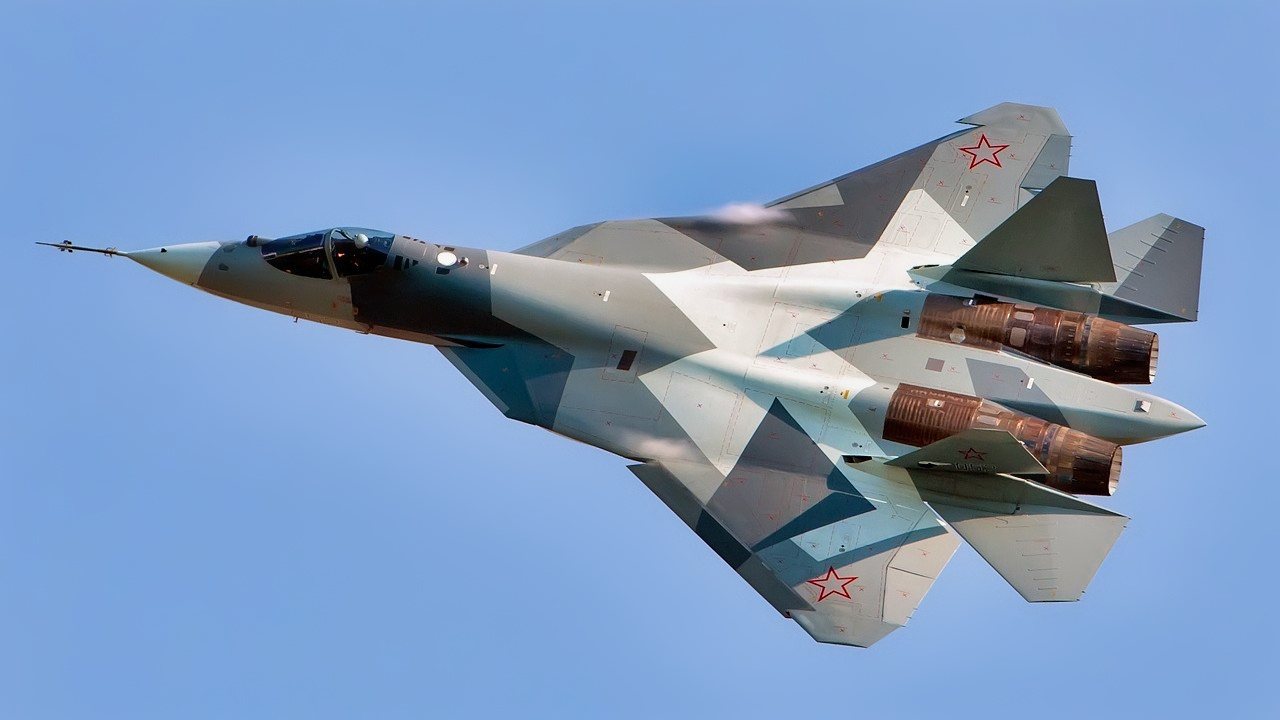Putin’s Mistake: Russia Could Be ‘Losing Ground’ in Ukraine
Key Points –
Even though President Trump’s attempts to mediate peace have been delayed and with Russia planning an offensive for this summer, analysis from Michael Kimmage ( Kennan Institute ) indicates that the military situation in Ukraine might be shifting unfavorably for Moscow.
-Despite facing halted military progress on the battlefield, Russia suffers from significant losses nearing one million casualties, economic difficulties, and lacks a clear political vision beyond perpetuating Vladimir Putin’s rule.
-Furthermore, Russia is seen as having mismanaged its diplomacy with the Trump administration, failing to capitalize on initial pro-Russian leanings by continuing aggressive actions.
—As Ukraine faces substantial challenges and depends on Western assistance, its ongoing resilience and Russia’s growing difficulties suggest that Russia is “beginning to lose the war.”
Is Ukraine staging a resurgence?
The conflict between Russia and Ukraine, which has been ongoing for over three years, has now reached an unusual stage.
Donald Trump, who promised during his campaign to terminate the conflict on his very first day as president, did not just fail at this; he also appears to have convinced neither of the involved sides. Most recently, Trump has advocated for the Vatican to facilitate peace negotiations among the parties, an idea which the newly appointed Pope has shown willingness to consider.
However, t
he Kremlin said Thursday
that no peace talks between the parties are scheduled, after they recently held their first face-to-face talks, which resulted in prisoner releases but did not result in agreement on any other major points.
“There is no concrete agreement about the next meetings,” Kremlin spokesman Dmitry Peskov told reporters, according to the Associated Press. “They are yet to be agreed upon.”
Rather than looking to end the war, Russia
is reportedly planning a summer
provocative actions intended for acquiring additional territories within Ukraine.
Putin
, however, has stated that the Kremlin would “suggest and is prepared to collaborate on” a potential future “peace agreement” with Ukraine.
Nevertheless, despite everything, there could still be some positive developments for Ukraine.
A Ukrainian Comeback?
In an op-ed
released earlier this week in Foreign Policy,
Michael Kimmage, director of the Kennan Institute at the Wilson Center in Washington, wrote that there are reasons to believe that the “military tide’ may have turned against the Russians.
Kimmage observes that during his almost twenty-five-year tenure as Russia’s leader, Putin has grown “proficient at evading appearances of defeat.” This was evident in conflicts such as those in Chechnya, Georgia, and several incursions into Ukraine, along with Russia’s interventions elsewhere.
Syria
in 2015.
In none of these theaters has Putin achieved a enduring triumph. Georgia remains contested territory, and Russia’s influence is waning in Syria, yet Putin shirks all accountability for failures on the world stage,” Kimmage states. “He invariably portrays himself as the winner.
Although common belief suggests that circumstances are improving for Russia, particularly with the Putin-supporting Donald Trump returning to the White House and adopting Moscow’s stance that NATO has overstepped its bounds, Kimmage argues that the situation is more complex than that.
Two Dilemmas
In Ukraine, Russian forces have been halted as fatalities and injuries continue to rise. Putin finds himself with no exit strategy from this conflict except for acknowledging some form of defeat. Despite attempts by the Kremlin to shield their citizens from the harsh realities of the war, they can control how much information about the struggle reaches the public,” he notes. “However, economic decline remains evident and undeniable. Beyond perpetuating perpetual Putinism, he cannot provide Russians with clear-cut political assurances either. Gradually, though not abruptly, Russia appears to be losing ground in this war.
This argument posits that Russia is confronted with “two significant military challenges.”
Firstly, the Russians have seized only limited territories without gaining significant traction, suffering substantial losses along the way. If the conflict persists until the end of this year, Russia could be facing more than a million casualties.
The other point is that Ukraine still hasn’t surrendered.
“The brutality of the Russian occupation, coupled with countless assaults on civilians and civilian infrastructure, convinced most Ukrainians that they had to fight. Ukraine is poorer and smaller than Russia, not ideally suited to a war of attrition, and on the battlefield, Ukraine is acting alone,” he writes.
Squandering Trump
Many assumed that
Trump
would go back to the office and subsequently, basically, pass on
Ukraine
over to
Putin
, and the war would end that way. But it hasn’t worked out that way.
“Russia has mismanaged its diplomacy with the West. It squandered the opportunities presented by an avowedly pro-Russian Trump administration in February, March, and April, bombing its way past multiple cease-fires. This has pushed Trump toward Ukraine and Europe, and Moscow has found no way to separate Europe from Ukraine,” Kimmage writes.
About the Author
Stephen Silver is an award-winning journalist, essayist and film critic, and contributor to the Philadelphia Inquirer, the Jewish Telegraphic Agency, Broad Street Review and Splice Today. The co-founder of the Philadelphia Film Critics Circle, Stephen lives in suburban Philadelphia with his wife and two sons. For over a decade, Stephen has authored thousands of articles that focus on politics, technology, and the economy. Follow him on X (formerly Twitter) at
@StephenSilver
, and
subscribe to his Substack newsletter
.
Meet the Best Tanks on Earth
Merkava – Israel Might Have the Best Tank on Earth
AbramsX – The Army’s New Tanks Is a Drone Mothership
Please
follow National Security Journal
Check MSN for the most recent updates on defense, foreign policy, economics, and politics, all presented with a bipartisan perspective.





